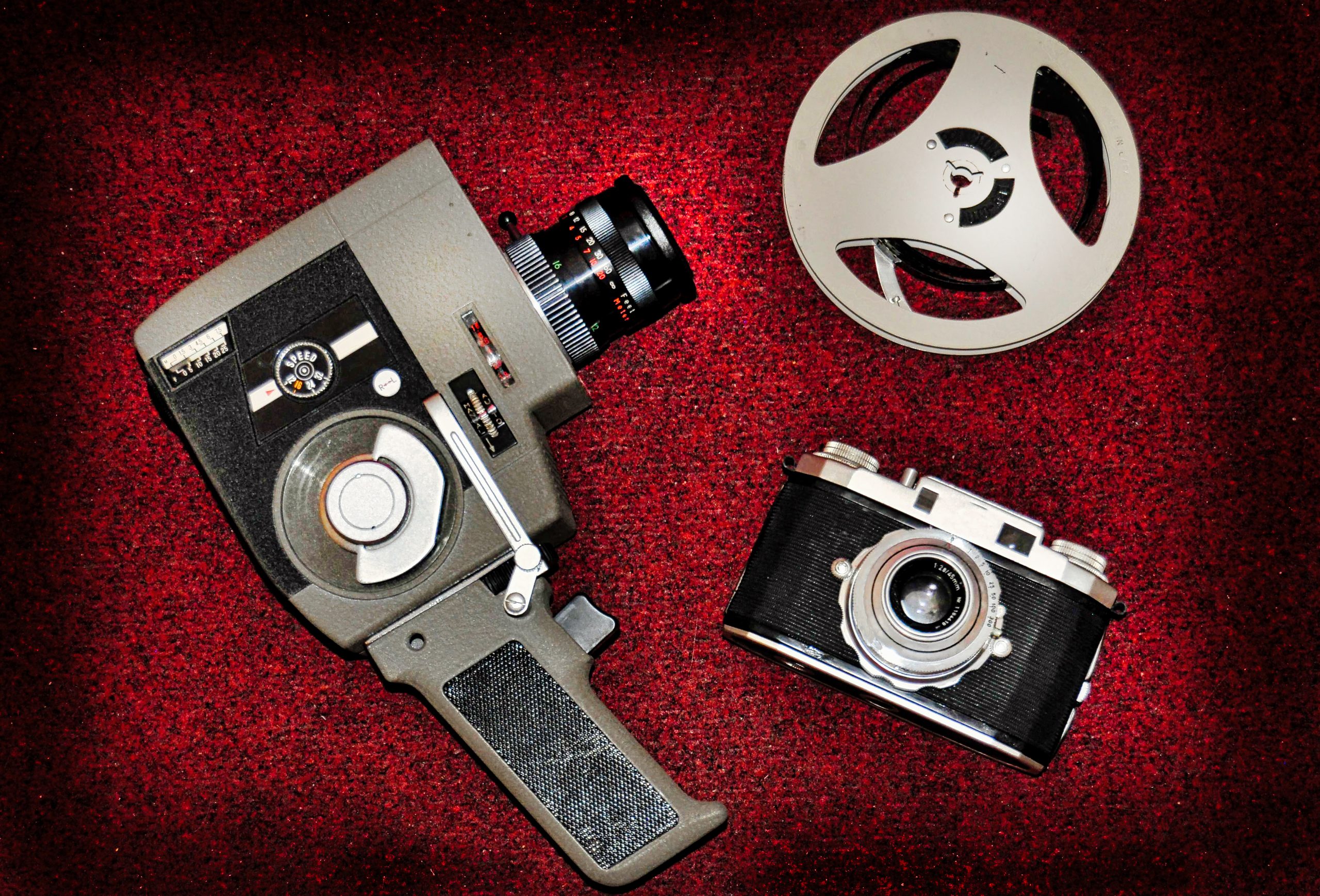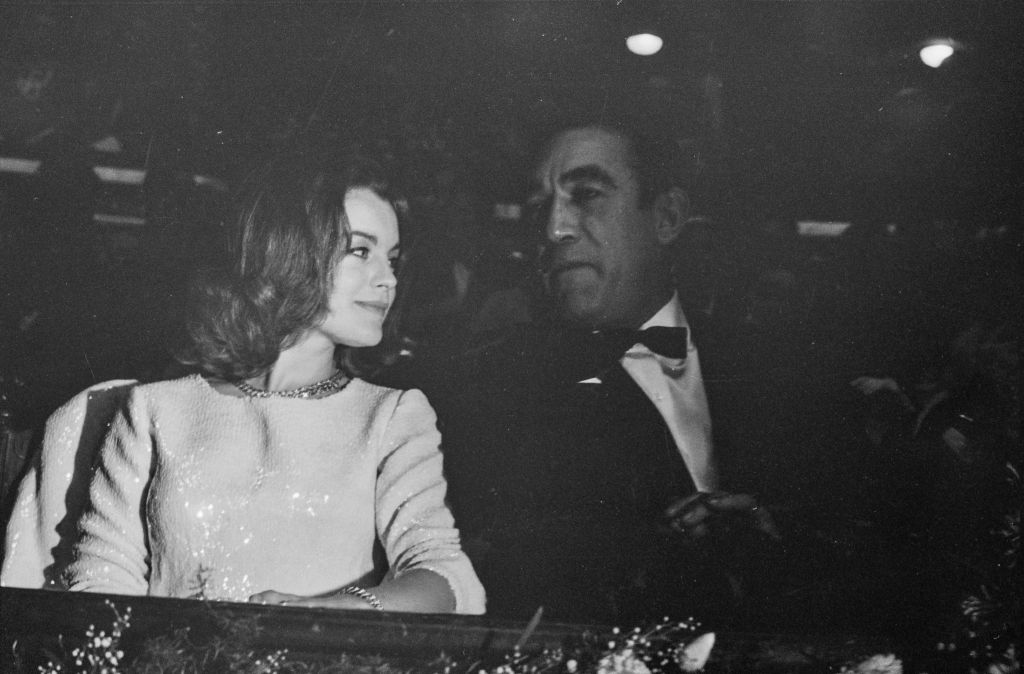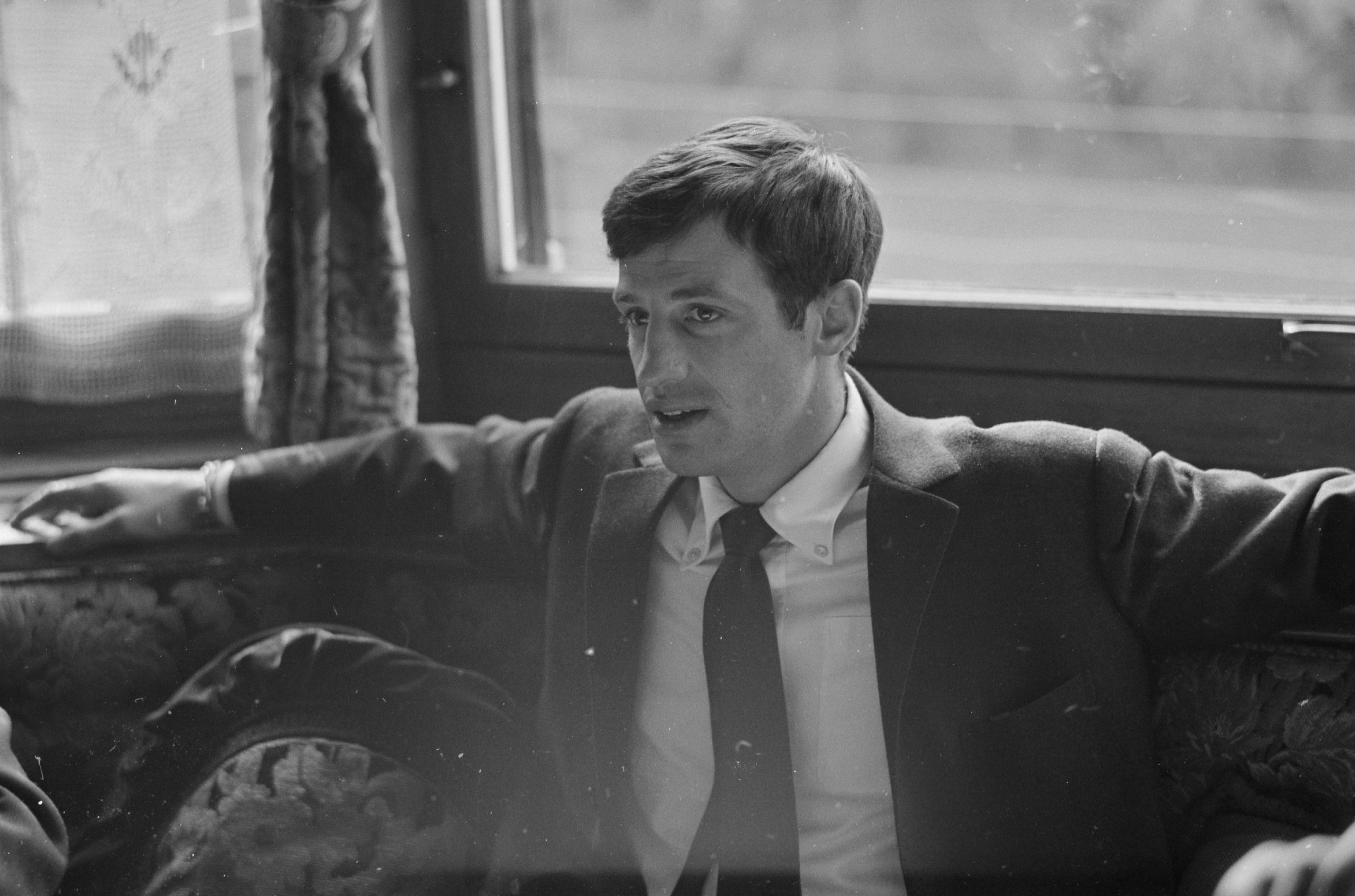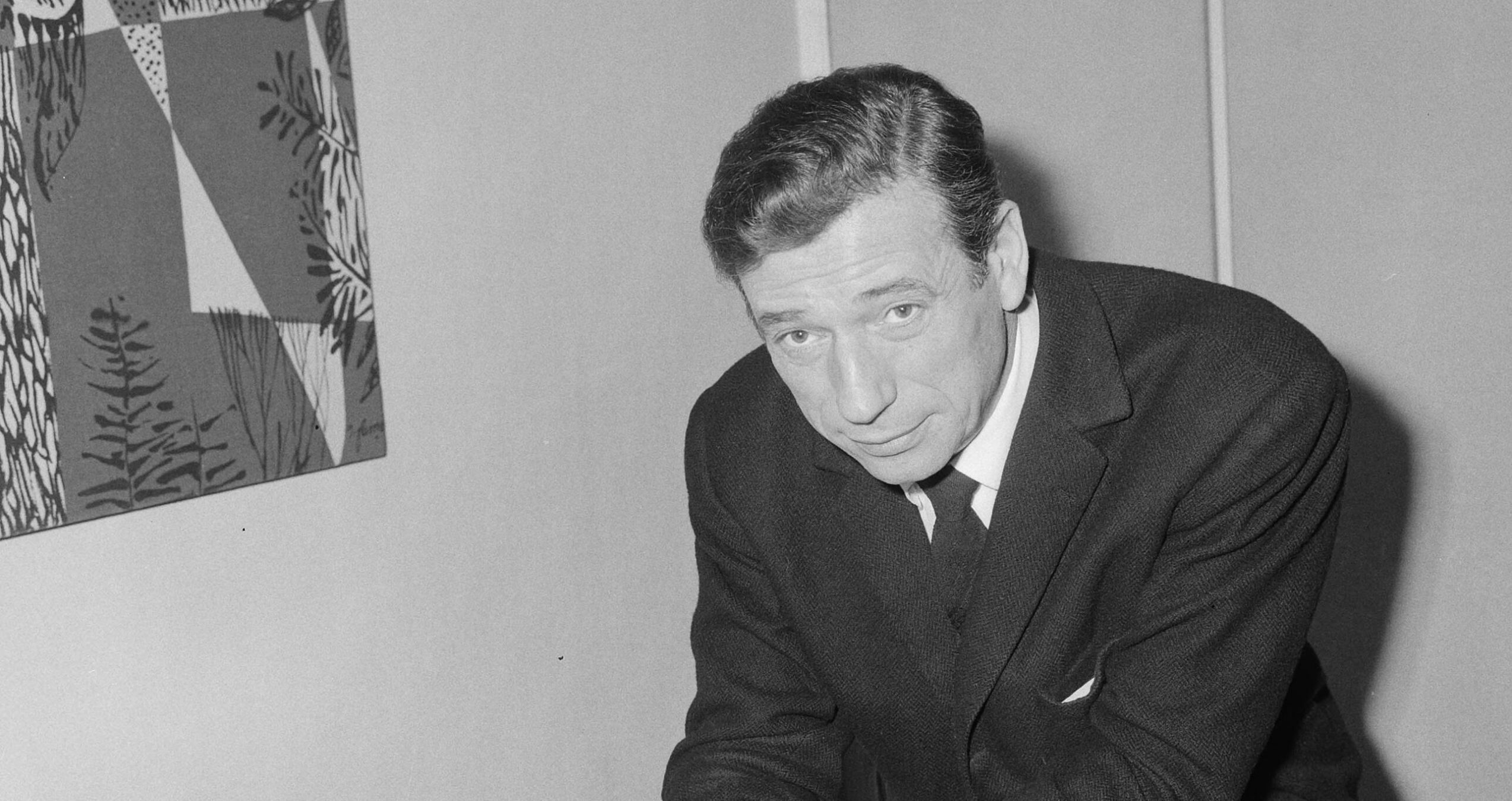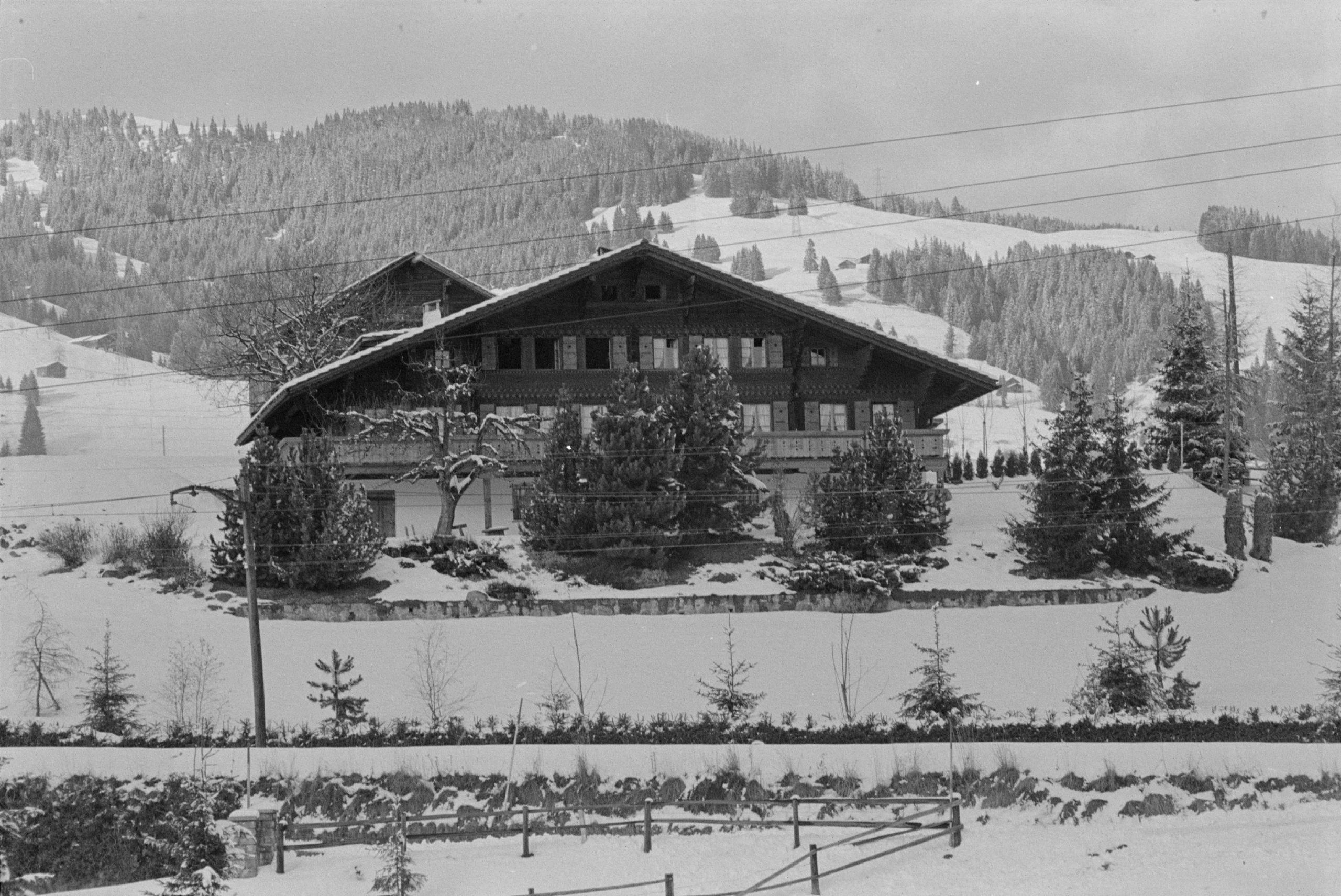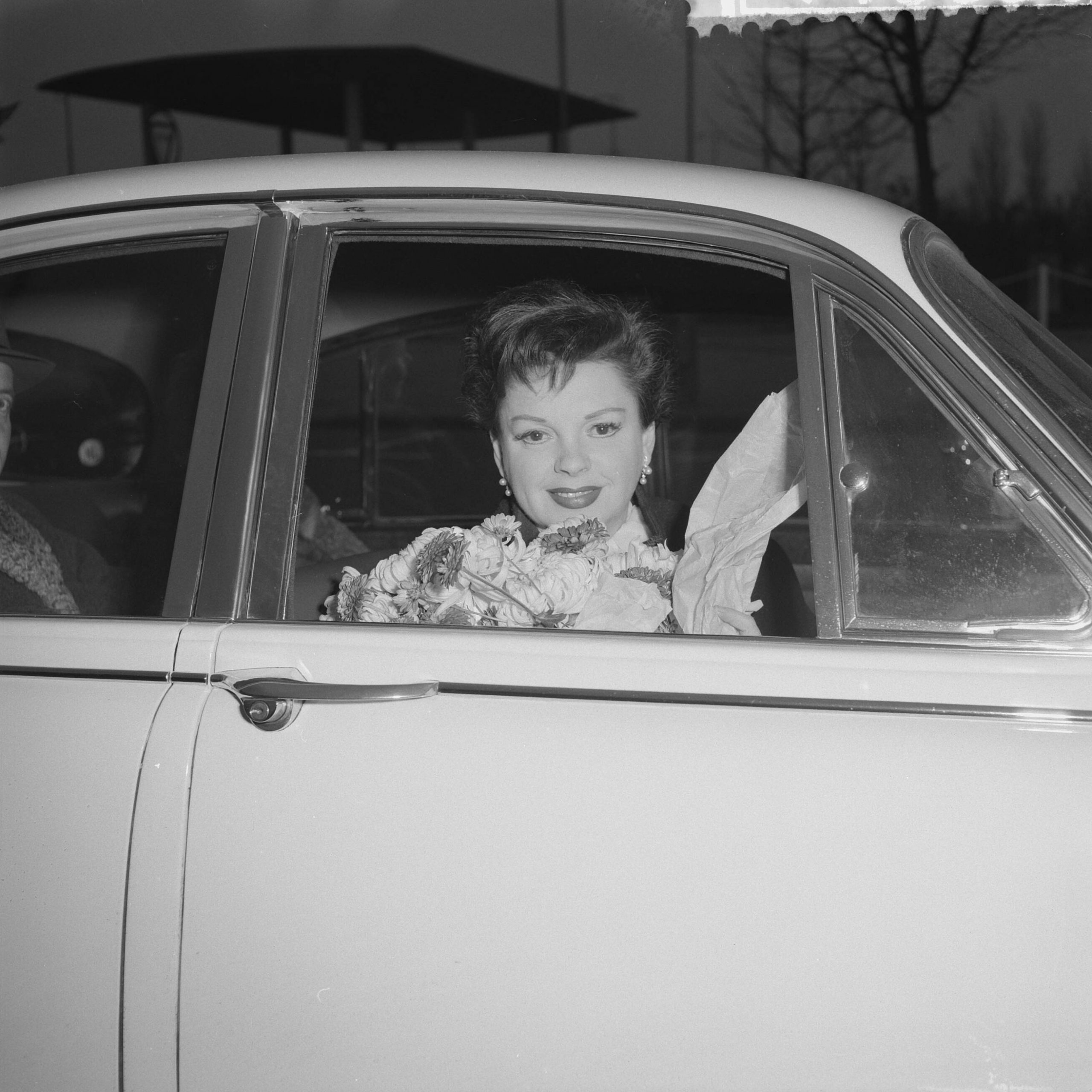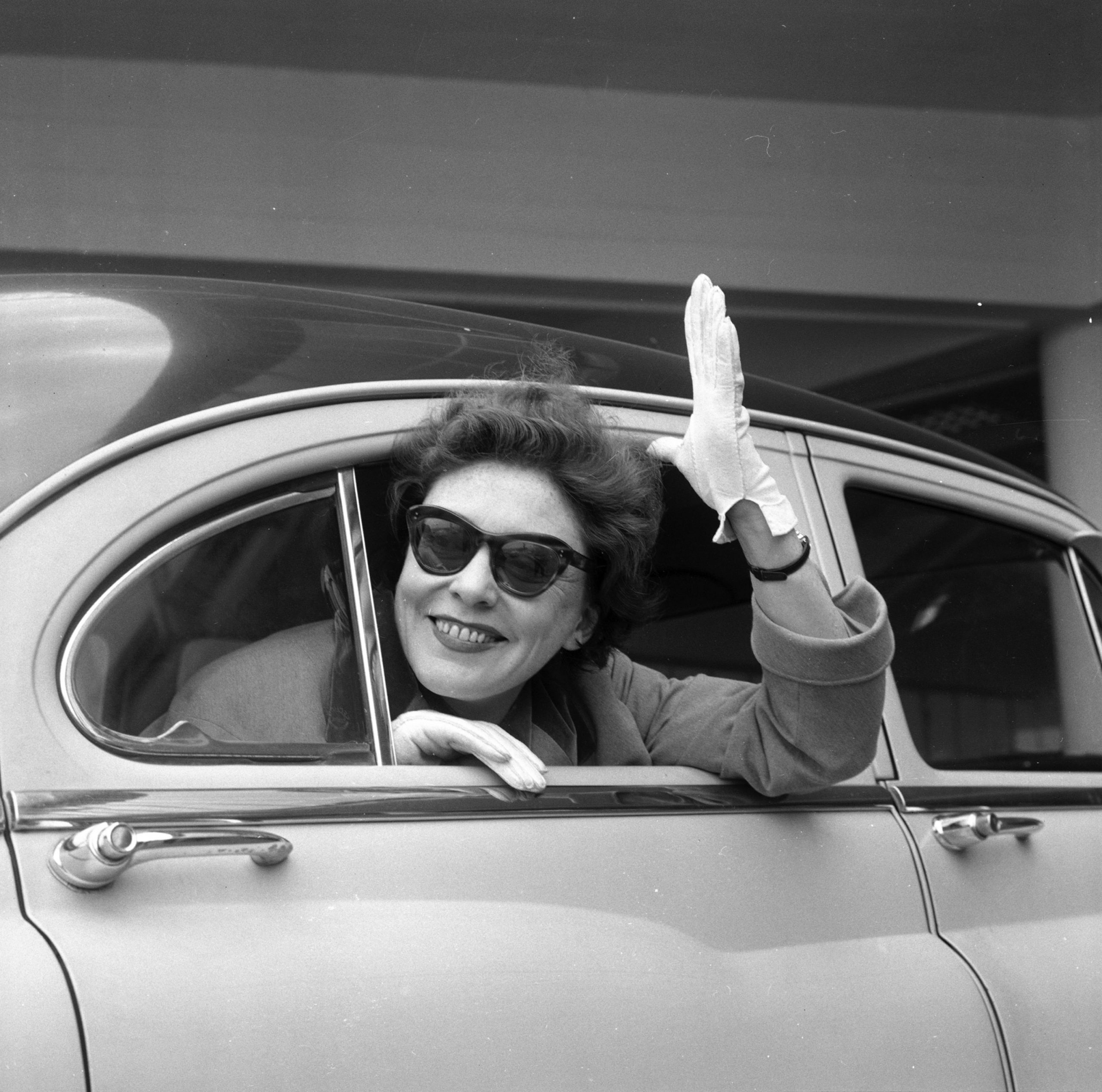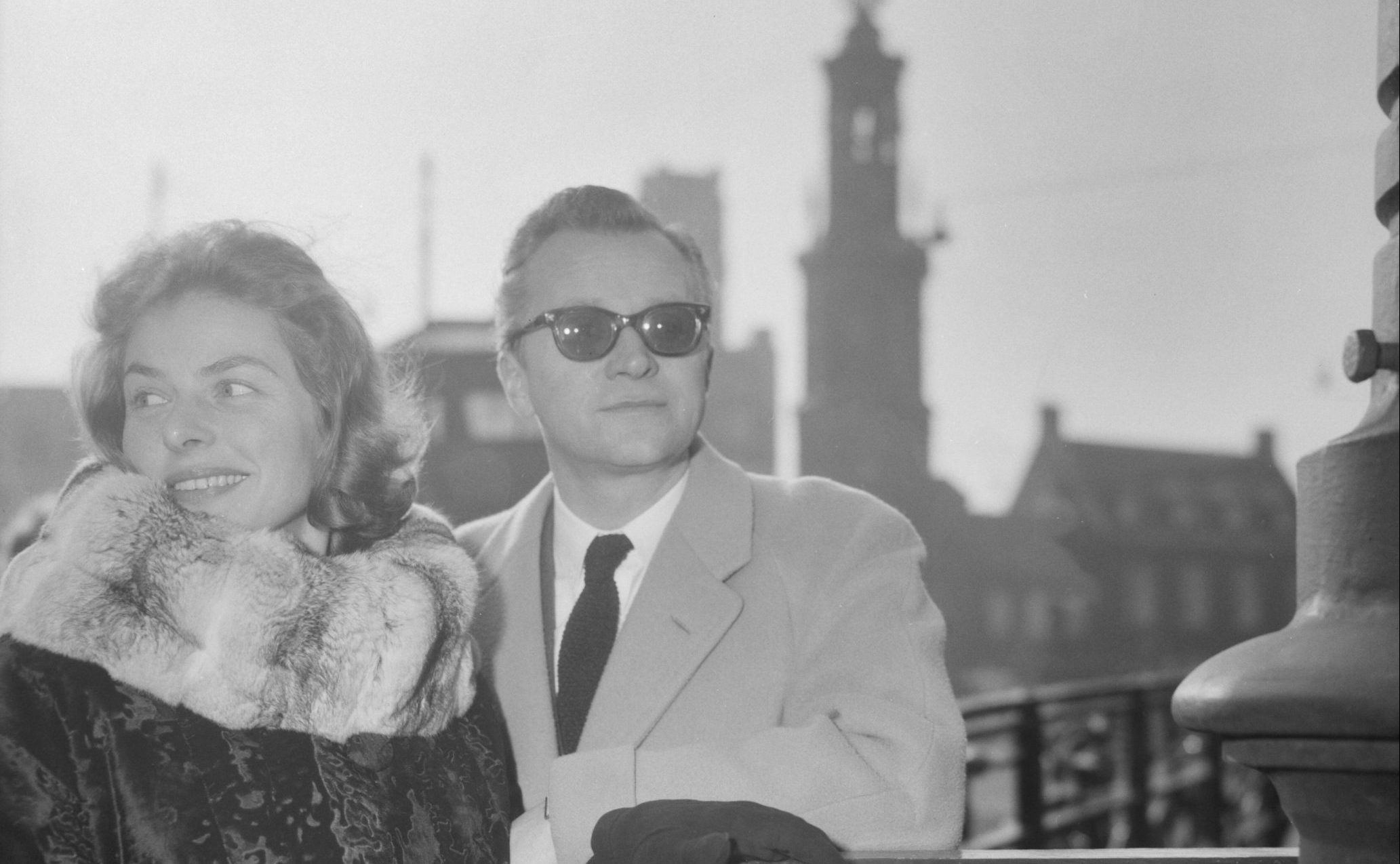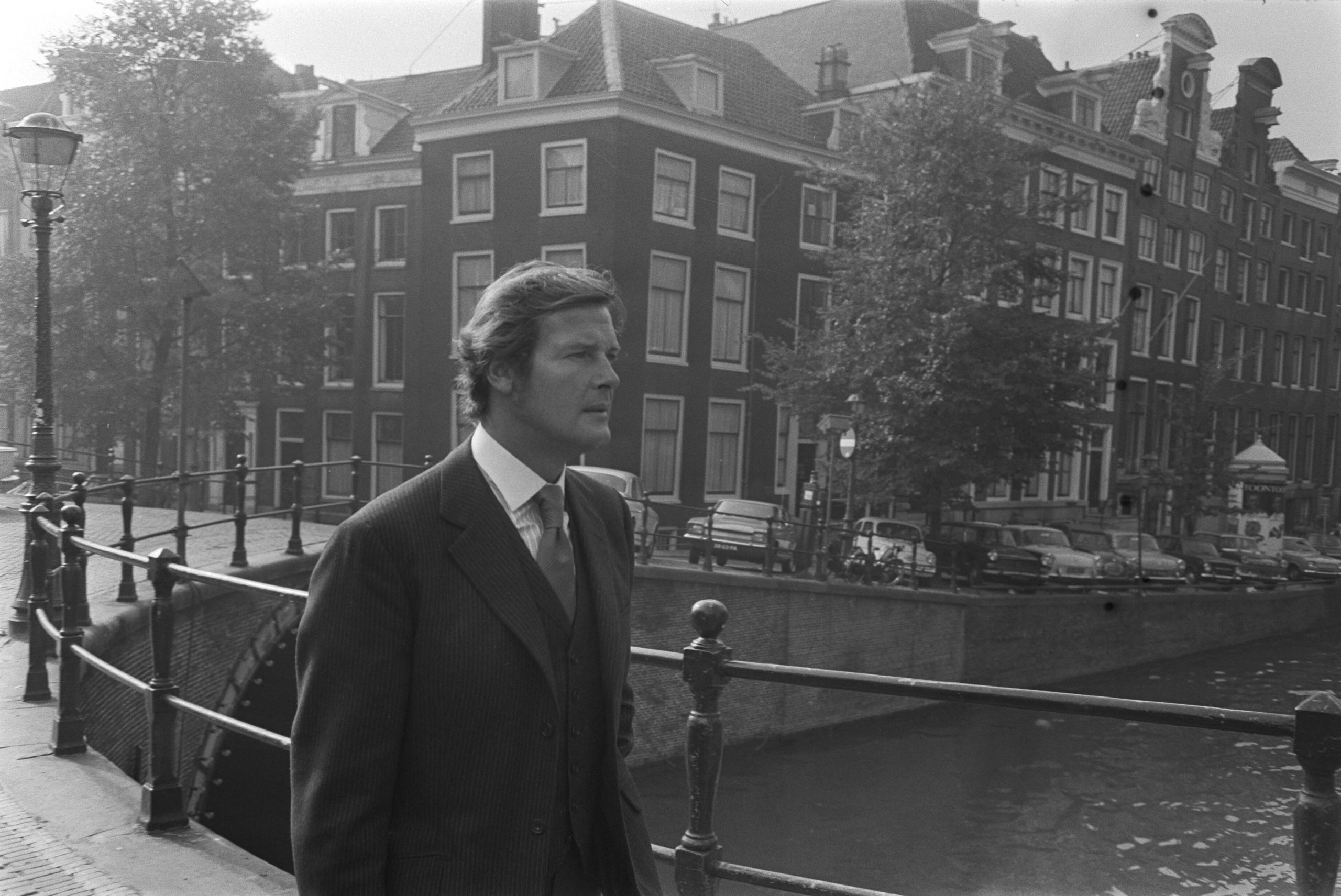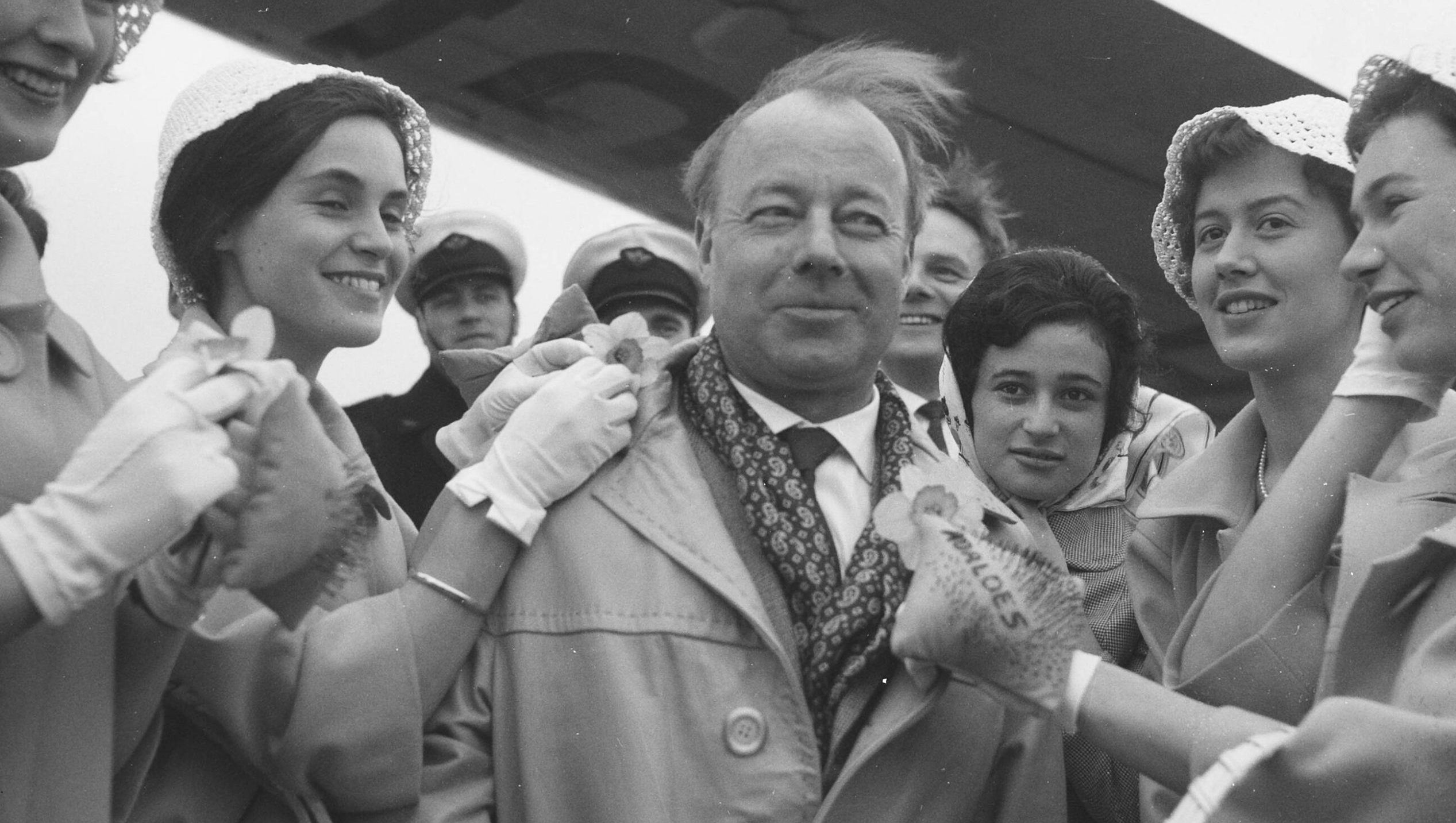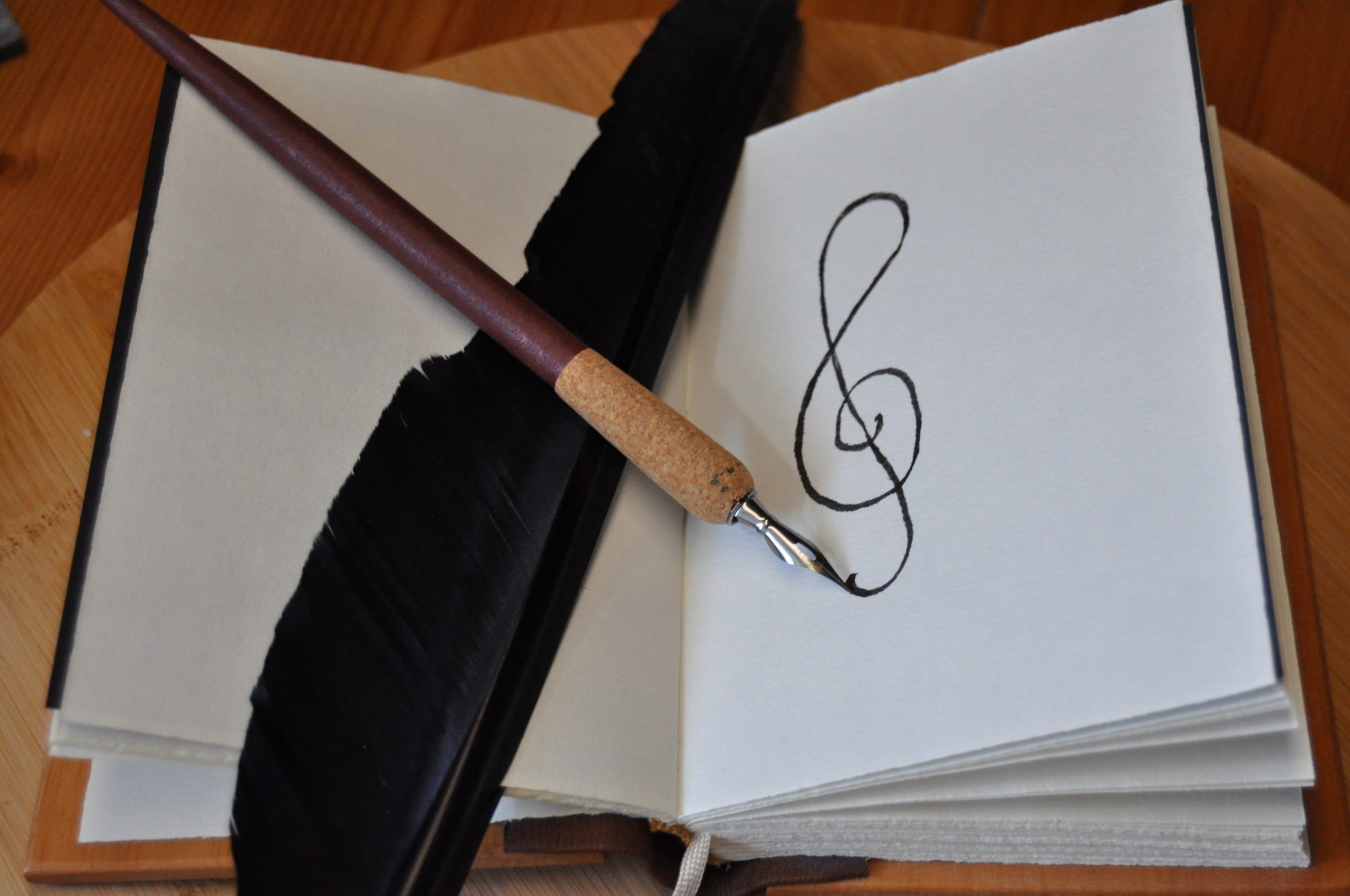During the preparations for the filming of Lawrence of Arabia, producer Sam Spiegel went in search of a film composer who could provide the music for T.E. Lawrence’s story: As Maurice Jarre later explained, three composers were originally intended for the music of Lawrence of Arabia: The Soviet-Armenian composer Aram Khachaturian was to take care of the Arabic music, the British composer Benjamin Britten was to take care of the British music and Maurice Jarre was to compose the rest.
The collaboration with Khachaturian was stopped because of the Iron Curtain and Britten asked for more than a year to write the soundtrack – this was of no use to the producer: the film music had to be finished faster.
Maurice Jarre was commissioned to write and record the score for Lawrence of Arabia within six weeks: Jarre accepted the challenge and created one of the most characterful soundtracks of the 20th century.
Radio engineer
Music played only a minor role in Maurice Jarre’s early life: the career of a radio engineer had been chosen for him. At the age of 16, Maurice Jarre realised that the career of a radio engineer would not make him happy: he told his family of his decision to go to Paris to study music at the Conservatoire de Paris.
Looking back, Jarre later said that he couldn’t even play the piano at the time and that his entire family made fun of him. Once at the Conservatoire, he soon developed a passion for percussion instruments: it did not take long before he was working as a percussionist in renowned orchestras. Percussion instruments later played a major role in some of his best-known soundtracks.
From 1950, he became the musical director of the Théâtre National Populaire in Paris and during this time wrote the music for more than seventy plays.
With his music he created a contrast between the monumentality shown on the cinema screen and his own, often delicate music pieces.
First works
In 1952, two years later, Maurice Jarre began composing film music: with the music for Hôtel des Invalides, Jarre composed his first film score. While Maurice Jarre was initially responsible for the music in less high-profile productions, he went from strength to strength over the years: in 1961, he wrote the score for Henri Verneuil’s The President [Le Président] starring Jean Gabin. A year later, he was responsible for the score to Sundays and Cybèle [Les Dimanches de Ville D’Avra, 1962] starring Hardy Krüger. One could say that Maurice Jarre had an instinct for picking productions that would be remembered by future generations for their monumentality. Jarre’s music, however, was not only monumental: with his music he created a contrast between the monumentality shown on the cinema screen and his own, often delicate music pieces.
For example, Jarre wrote the music for the French film Weekend at Dunkirk [Week-end à Zudycoote, 1964]. Maurice Jarre did not shy away from racing films either: he wrote the music for the film Grand Prix (1966) with Yves Montand in one of the leading roles. The music for the monumental production Is Paris Burning? [Paris brûle-t-il?, 1966] followed.
Lawrence of Arabia – Ondes Martenot
When Maurice Jarre composed the music for Lawrence of Arabia, the record company had very little confidence in him: although Jarre was listed as the composer, Adrian Boult was named as the conductor of the recording. However, Boult never stood at the conductor’s podium during the recording of the soundtrack – the mention of his name was simply a publicity strategy. The record company’s concerns that the soundtrack would not be marketable proved unfounded: Maurice Jarre received one of the seven Oscars awarded to Lawrence of Arabia for his soundtrack.
For the soundtrack to Lawrence of Arabia, Maurice Jarre worked with a special French instrument, the Ondes Martenot. The Ondes Martenot is an electronic instrument that has keys like a piano, but encompasses a much wider sonic spectrum.
For the recording of the soundtrack, Ondes Martenots were specially imported from France and installed in the English recording studios. In addition, musicians had to be flown in from Paris who were trained in the use of the exotic instrument.
Jarre preferred to write music for David Lean – one can almost say that the two were a creative duo that depended on each other.
David Lean
Although the collaboration with director David Lean is said to have not always been easy, Maurice Jarre worked with Lean again in 1965: Jarre composed the film score for Doctor Zhivago. The Ondes Martenot were used again for this soundtrack, but this time the instrument did not transport the loneliness of the desert, but the icy cold of Russia. David Lean is said to have rejected a first and second version of the well-known Lara’s Theme and advised Jarre that he should “not think of Russia or Doctor Zhivago, but of his girlfriend.” Jarre didn’t have to be told twice: within an hour he had composed Lara’s Theme. Doctor Zhivago starring Omar Sharif became one of the biggest cinema successes of the sixties – Jarre’s soundtrack was instrumental in this success.
A reunion with Peter O’Toole and Omar Sharif took place when Jarre wrote the film music for The Night of the Generals (1967).
In the sixties and seventies, Maurice Jarre wrote several film scores almost every year – but the film scores Jarre wrote for David Lean were always said to be the most exhausting works. Nevertheless, by his own admission, Jarre preferred to write music for David Lean – one can almost say that the two were a creative duo that depended on each other.
Legacy
Jarre scored a total of four David Lean films, beginning with Lawrence of Arabia, continuing with Doctor Zhivago, Ryan’s Daughter (1970) starring Robert Mitchum, and ending with A Passage to India (1984). Maurice Jarre won the Oscar for Best Film Score for three of the David Lean film scores. Together with film composers such as Ennio Morricone, Maurice Jarre was one of those composers who provided the musical background for numerous Hollywood films, but never neglected the world of European film. In addition to his work for the legendary film director David Lean, Maurice Jarre immortalised himself with film music such as that for Dead Poets Society (1989) starring Robin Williams. With such film scores, he proved that he did not necessarily need a monumental production as a template to deliver a moving film score.
Along with Jerry Goldsmith and Ennio Morricone, Maurice Jarre belongs to the ranks of the most influential film composers of the 20th century. Maurice Jarre immortalised himself in particular with his film music for Lawrence of Arabia: Jarre’s musical artistry remains unrivalled to this day.
Main source: An interview with Maurice Jarre via spirit-fanzine.de, among others
Cover picture: © Simon von Ludwig

 Deutsch
Deutsch Français
Français